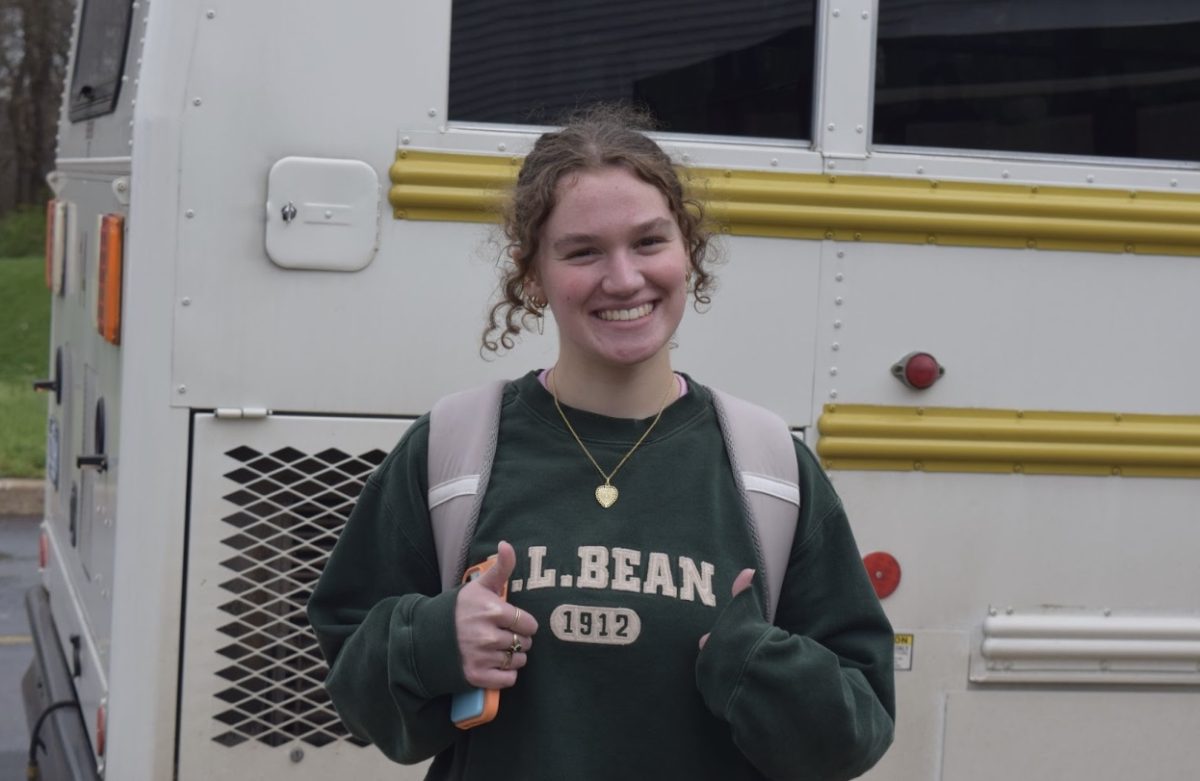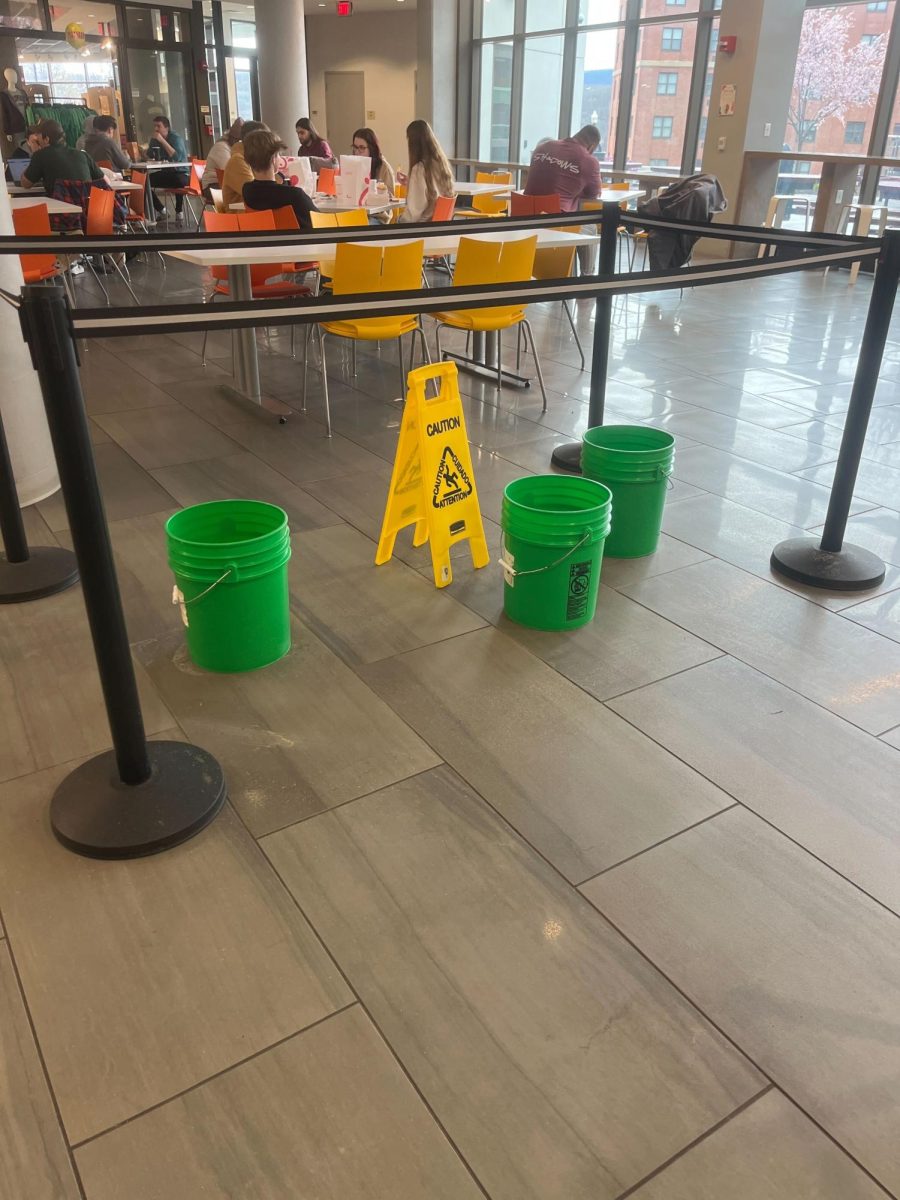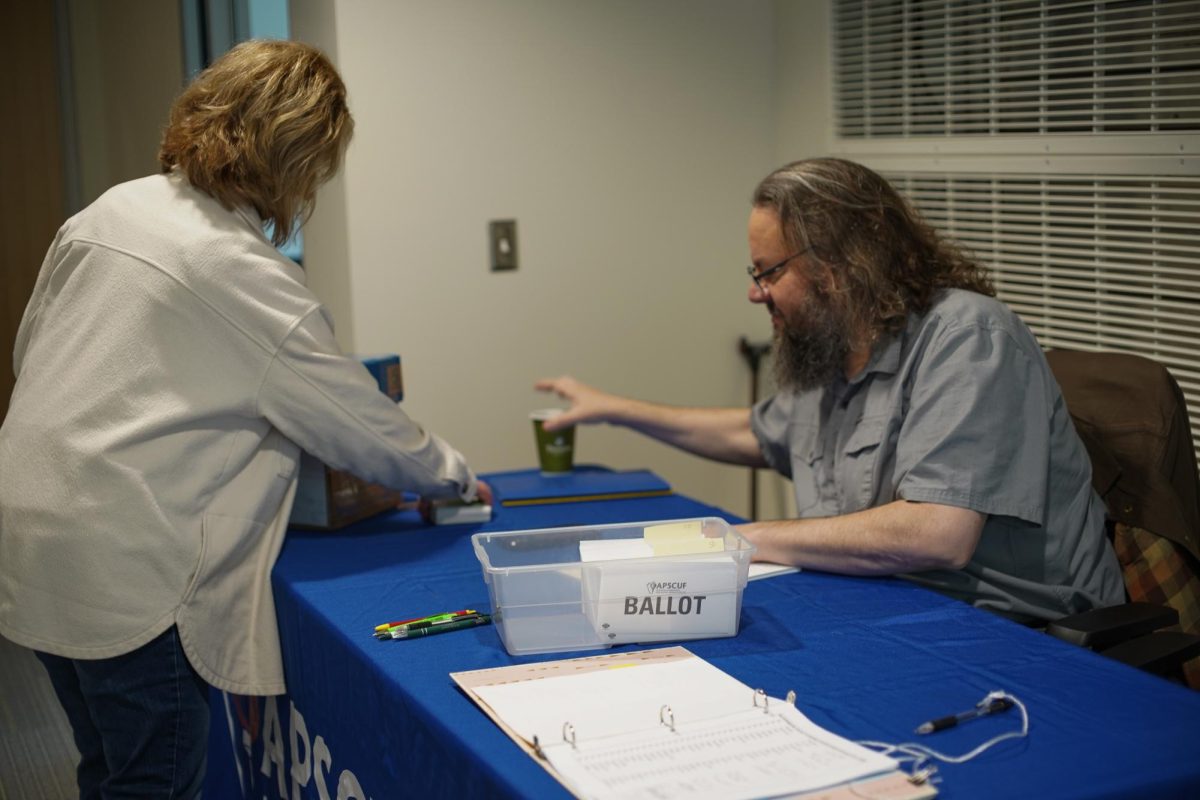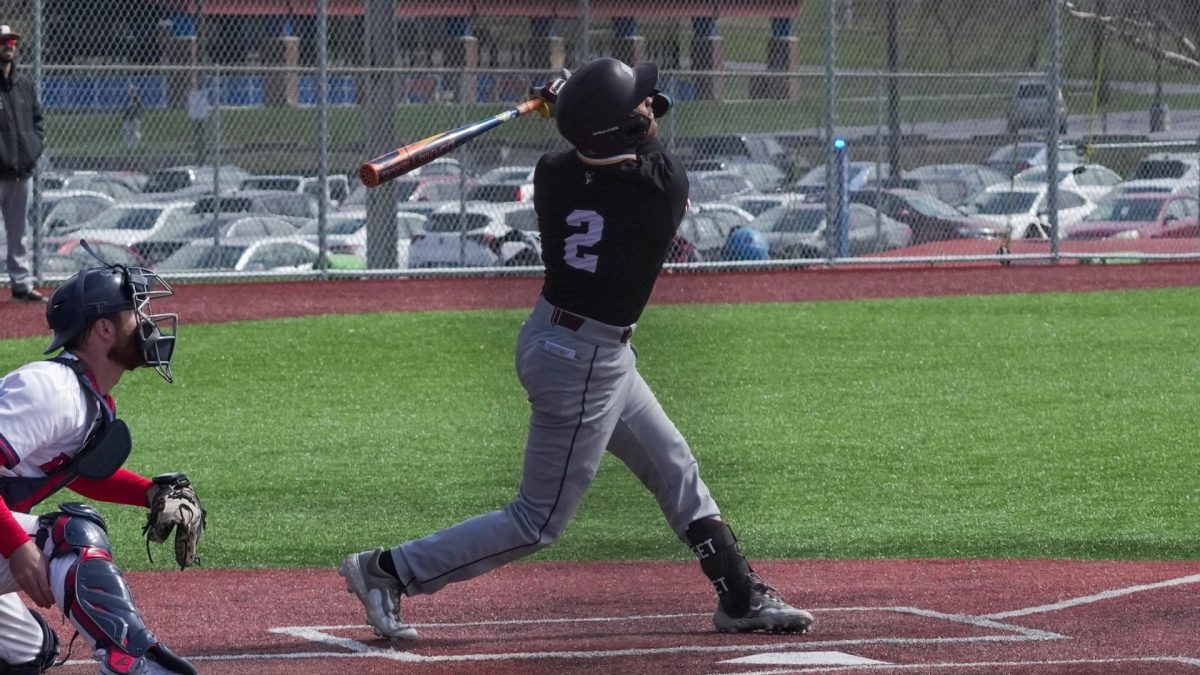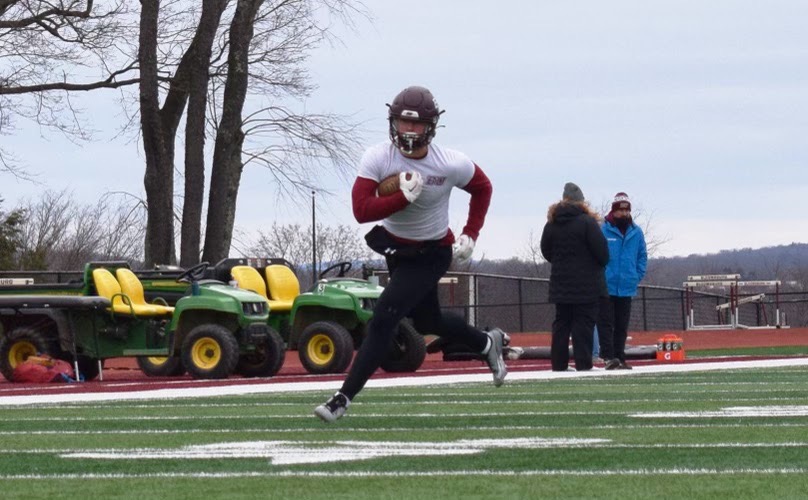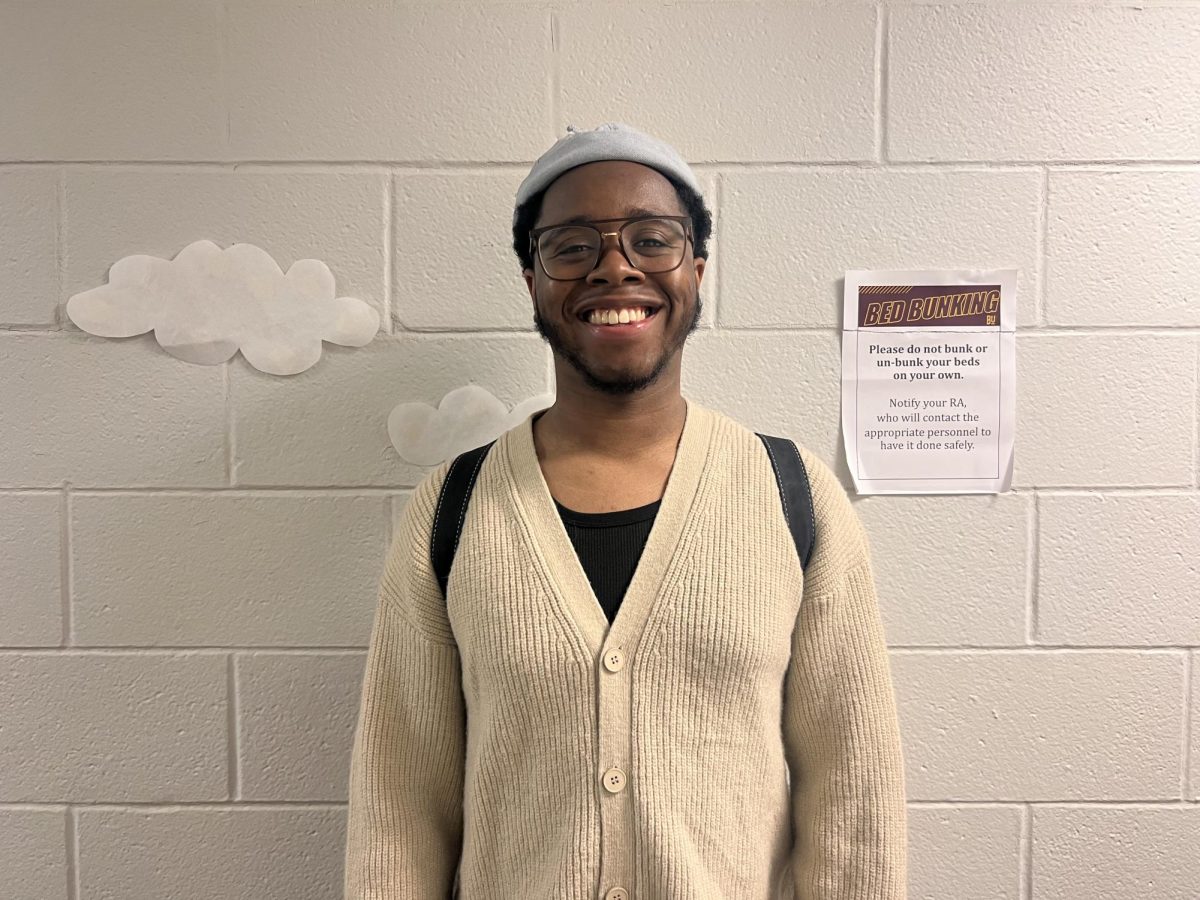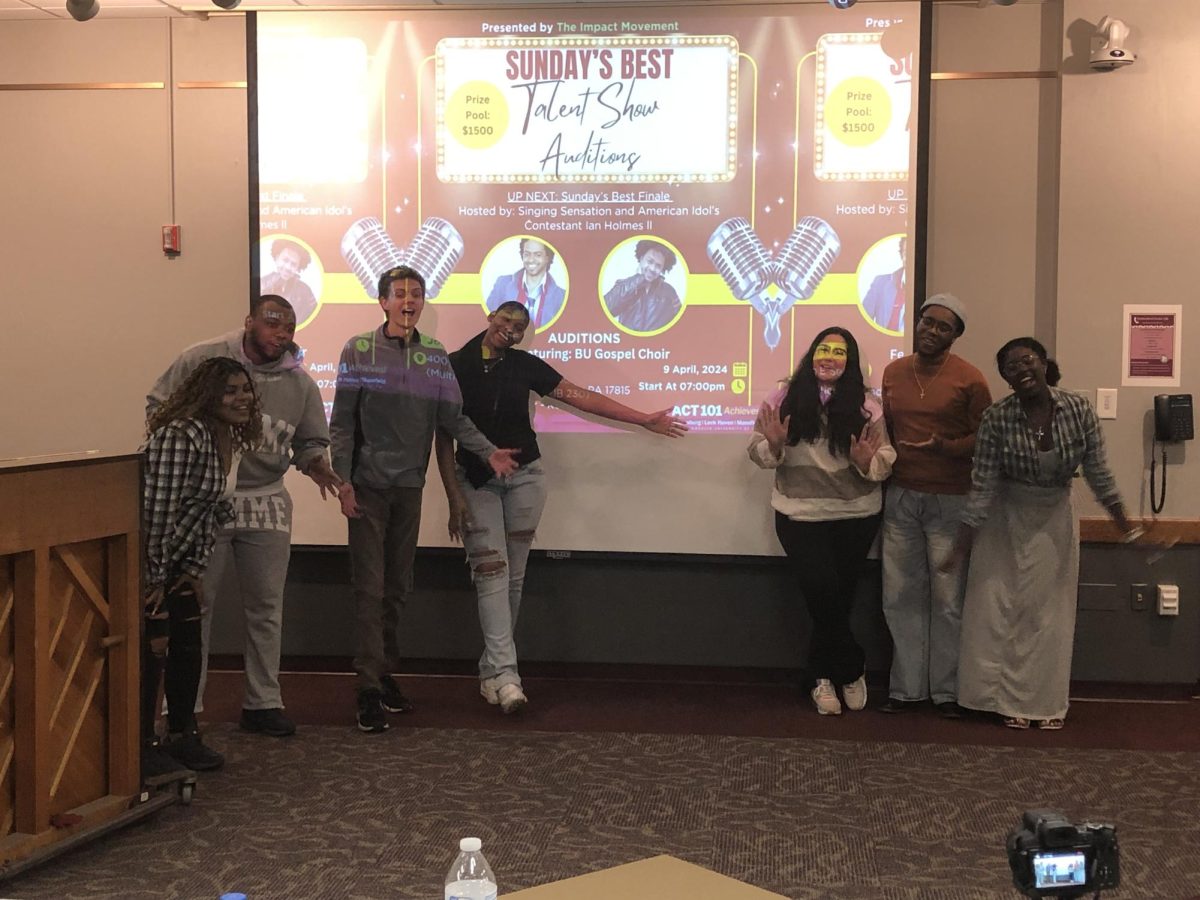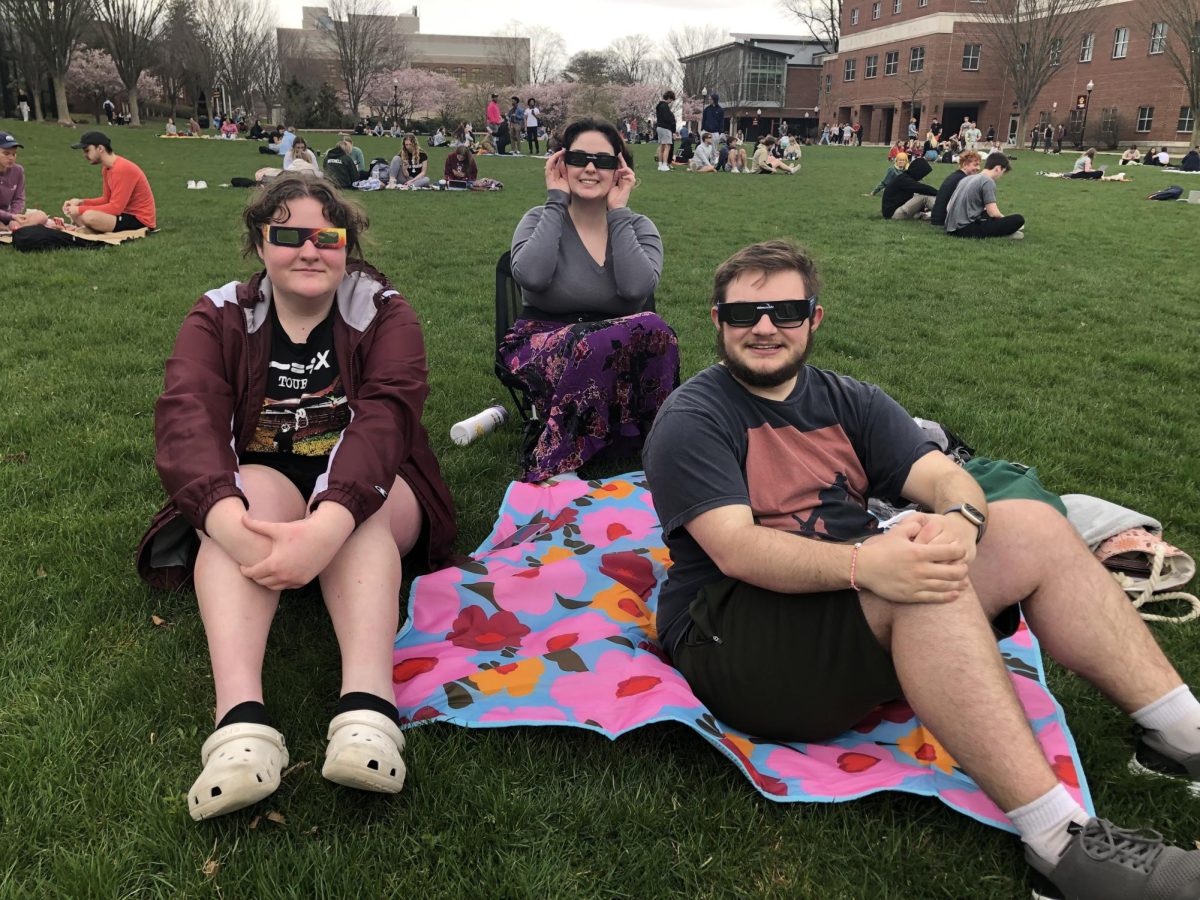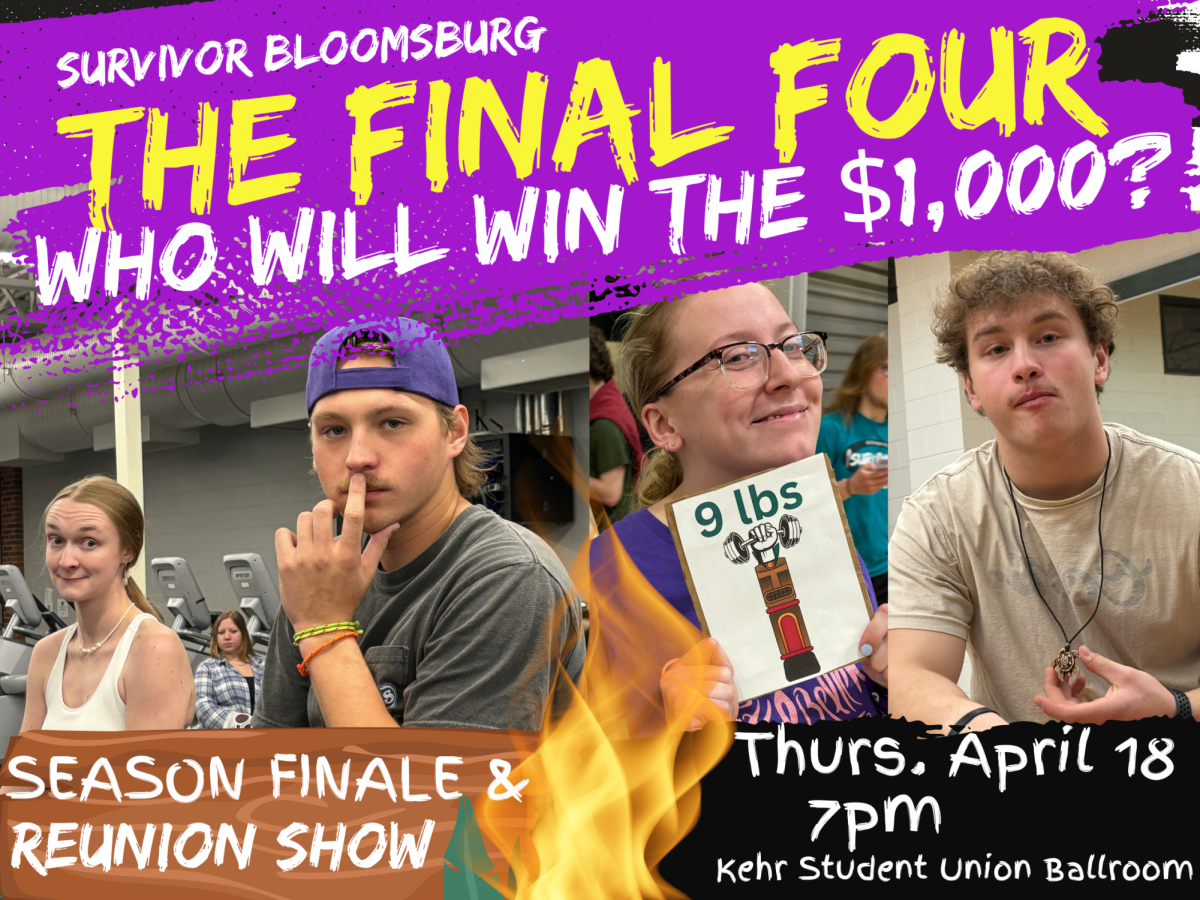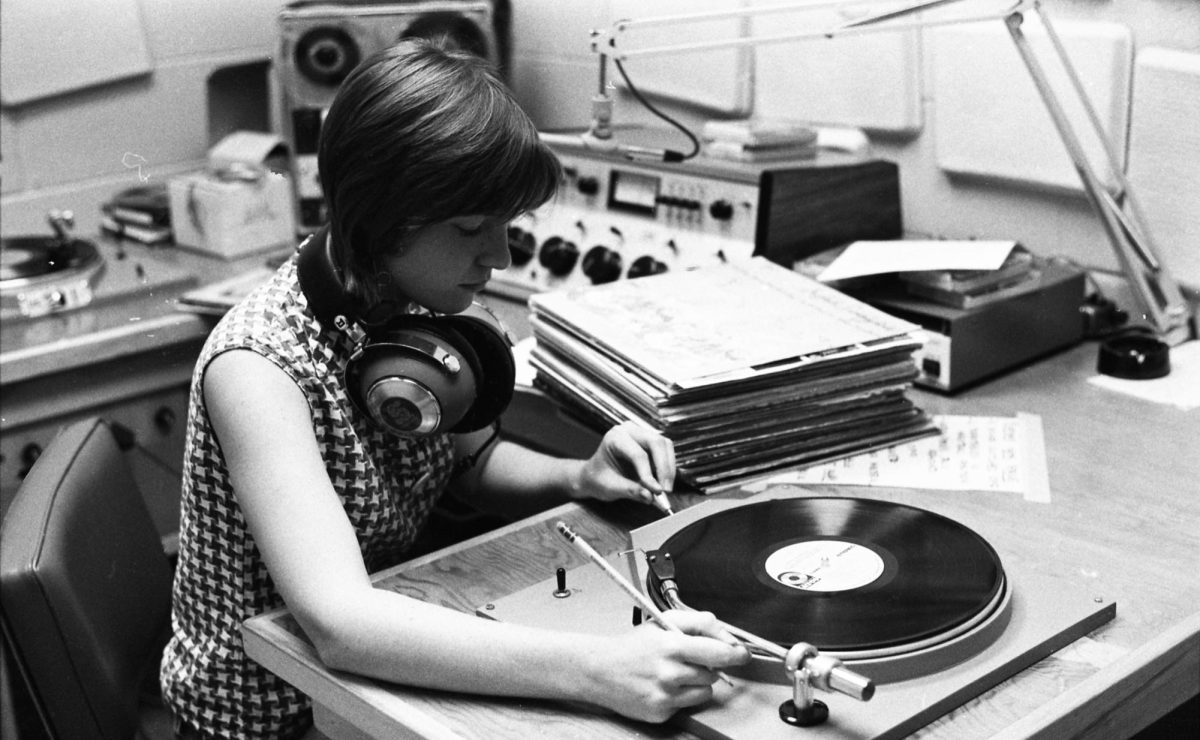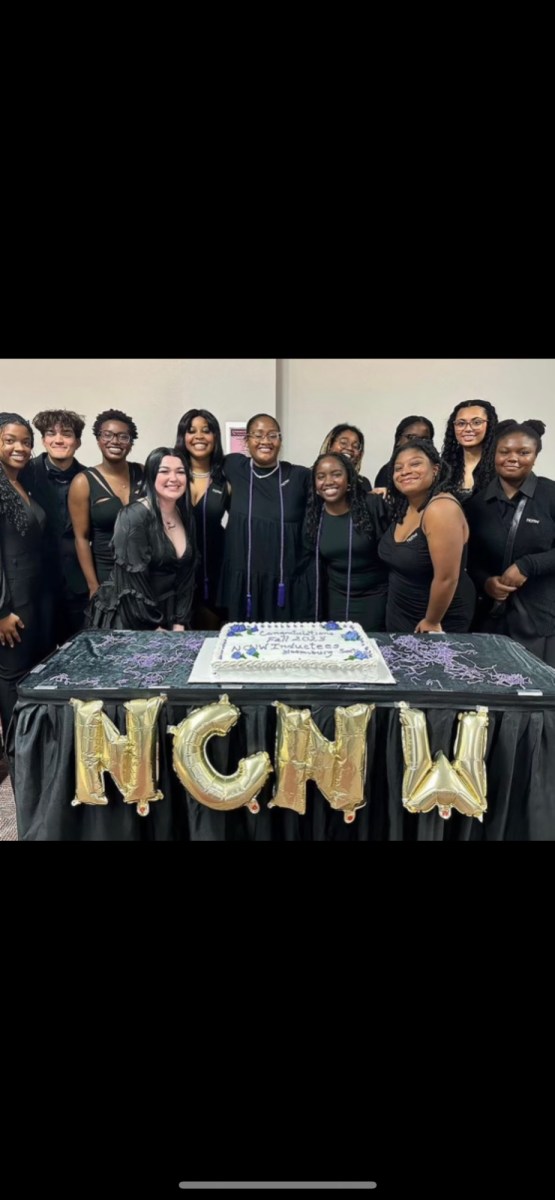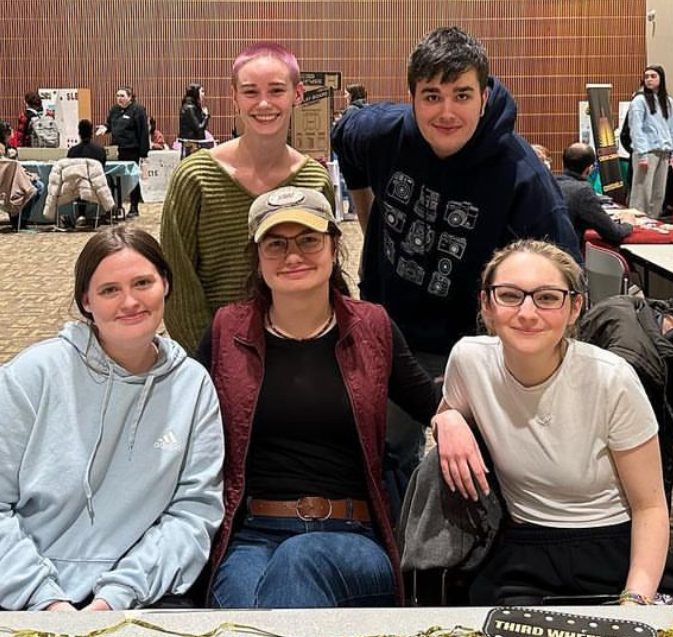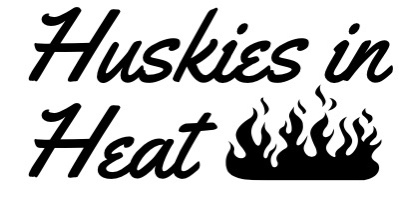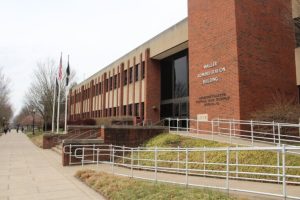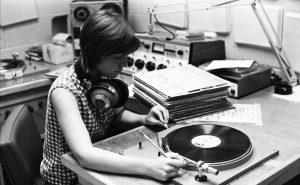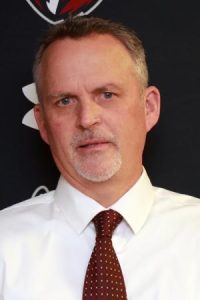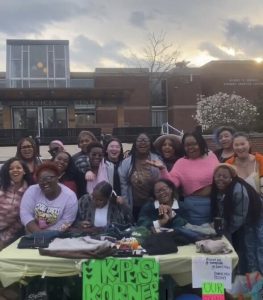When Hurricane Maria hit Puerto Rico on September 20th, the entire island was affected drastically. The people of the island are still left with no electricity and are running out of food and water. Families have homes that are completely destroyed and many are trapped by landslides. Because there is still no power grid, family and friends in the U.S are having difficulty in trying to contact their loved ones in the island. Many of those people are students and professors in Bloomsburg University.
“Most of my family live in Caguas, Puerto Rico. I have still not heard back from my cousins yet, but we are praying that they are okay,” said Francesca Johnson, Senior, Finance and Business Economics. “I feel as though that the government has pushed Puerto Rico to the side because it is not a part of the 50 states but what they fail to realize is that Puerto Rico is still a territory of the United States. Donald Trump needs to focus on what matters. Critiquing the athletes will not help save the lives of the thousands that are sick over there. People are washing their clothes in creeks and left with no food. It took a week and a half to for him to even fly over there. That is just not okay. He needs to show more concern.”
Johnson is not the only student who believes that the United States government is not showing enough support. Senior Diana Rodriguez Ortiz, a student in the Army National Guard feels the same way.
“ I think the U.S. aid was very slow to react to the crisis and very unprepared for a first world country. I think more can be done for sure. I think that in a time like this shows Puerto Ricans true drive and hope. They are not giving up. They have faith. The church has come together in an amazing way over here in the U.S. and on the island. It’s amazing what god’s kids have done for each other that the government took too long to step in and help with,” said Ortiz.
Ortiz has family living in the island as well and was finally able to contact them eight days after the hurricane hit.
“I was able to contact them for the first time on Thursday the 28th. They are safe, thank god. Water was running out, no electricity, food is running very low, and there is no service. My grandfather’s house was demolished so he has nothing. My aunt’s house has a little bit of flooding but the cars and stuff is still okay to use,” said Ortiz. “ I was born and raised over there so any attention to help Puerto Rico makes me joyous because my heart was hurting a lot from the crisis. The hurricane is one of the more worse ones in PR’s recent years. I wanted to go and help so bad but my unit isn’t sending soldiers. Only the units in the south closer to the island are. If you fly in now they can’t promise you a flight out with all the craziness going on.
Senior Taysha Burgos explains the current situation that her family is experiencing in the island.
“About 80% of my family lives in Puerto Rico. I just spoke to one of my cousins yesterday after two weeks with no communication and it was a relief,” said Burgos, “My cousin told me that he is fine but Puerto Rico is chaos as of right now. People are waiting in lines for hours and hours for food or gas. All of the animals died, there’s no electricity. My cousin told me that he lost his house and car. Neighbors are taking turns to watch each other’s houses because people are coming to rob. It’s just so sad. The historic parts of PR are not so historic anymore because the hurricane took some of that history away. It’s just so sad to watch my home be this destroyed. The U.S. government sent FEMA, soldiers ,etc. I feel like they can only do so much in a crisis like this one. Everything will heal in its own time,” said Burgos.
Sophomore Liz Medina has her mother, brother, grandparents, cousins, aunts and uncles living in the island. She was able to communicate to them and was told that they are okay but like most people in Puerto Rico, they also lost their homes.
“It took a week after the hurricane to be able to contact my mom. She lives in Fajardo and is okay. My grandma on my dad’s side lives in Yabucoa which is where the hurricane entered. The top floor of her house was completely blown away.” said Medina.
Like Burgo’s family, Medina’s mother also had to wait in line for hours just for food and gas.
“My mom tells me how she has waited in line for over eight house just to do groceries, take out money from the ATM and get gasoline. Luckily my family is okay. Besides the material loss they are managing to survive. My family in the U.S. saved up money to buy airline tickets to bring my grandparents and brother here,” said Medina.
Medina believes that the U.S. did not take the crisis as serious as they should have and thinks that Puerto Rico should have been a priority.
“I feel like at first the situation in Puerto Rico wasn’t taken seriously. Some people lost everything and yet it wasn’t addressed as a top priority and that’s heartbreaking. It shouldn’t have taken so long to waive the Jones Act again and the debt and economic status of the island shouldn’t have been brought up, that’s a completely separate issue,” said Medina.
Professor Solange Garcia-Moll weighs in on the United States role in the Hurricane Maria.
“As US citizens we are grateful to the US government for the help already displayed. However, the situation is very critical on the Island. We trust that the President’s visit to Puerto Rico is representative of the adequate and immediate aid that is needed. The peoples of Puerto Rico continue to work with each other as part of the responsibility of getting back to normalcy,” said Garcia-Moll.
Garcia A-Moll speaks on behalf of her family in San Juan, Puerto Rico, to give their opinion as to the U.S. Government’s role in aiding Puerto Rico and whether more can be done. Their opinion stands from their point of view as U.S. citizens.
“While in general terms the overall response of the Federal Government to the wholesale destruction visited upon Puerto Rico by hurricanes Irma and Maria (slamming the island in close succession) has been well intentioned the fact is that actual, or even palpable, signs of improvement of conditions since September 20 are hard to come by,” said GARCÍA-Moll, “It seems that the effectiveness of relief efforts have been hindered from the outset by the inability, or reluctance of FEMA (and the local governmental authorities to properly assess or acknowledge the utterly monumental and catastrophic scale of the disaster; that is, the total and universal destruction of property and infrastructure (electric power, water resources, housing, transportation, communications, health facilities, food, supplies, etc) and consequently the very limited contribution which, in proportion, the local authorities can harness to bear upon effective relief and reconstruction efforts.
In short, the scale of the catastrophe and its consequences requires likewise of efforts of the same dimensions.”
Professor Amarilis Hidalgo-DeJesus, also has family in the island and she explains their current situation.
“My family They told me that they were safe but they had a lot of damages in their properties. My sister lost her house. My neighbors lost their houses,” said Hidalgo-DeJesus. “It has been taking a lot of time to receive the help. People are dying in hospitals. They don’t have medicines. The island is out of power. They don’t have water and supplies. It was not until yesterday, when president Trump visited the island, that FEMA was authorized to release the help. . We need to be treated like citizens, not second-class citizens. The islands of Puerto Rico need immediate help.”
Hidalgo-DeJesus mentions how Puerto Rico is scattered into different parts and not just one main island.
“Puerto Rico are wounded islands. Hurricane Maria destroyed our main Island, Puerto Rico and the island of San Juan, our capital. Other Puerto Rican islands such as Vieques, Culebra, Mona ,Monito, Desecheo, Palomino, Palominito, Gilligan Island, and Monkey island were also destroyed,” said Hidalgo-DeJesus.
With hopes that the island will soon recover and rebuild, the people of Puerto Rico are still hopeful and doing everything in their power to survive and family living in the United States are trying their best to support their loved ones.

